Seven members join Curry Stone Social Design Circle for April
By Justine Testado|
Tuesday, Apr 4, 2017
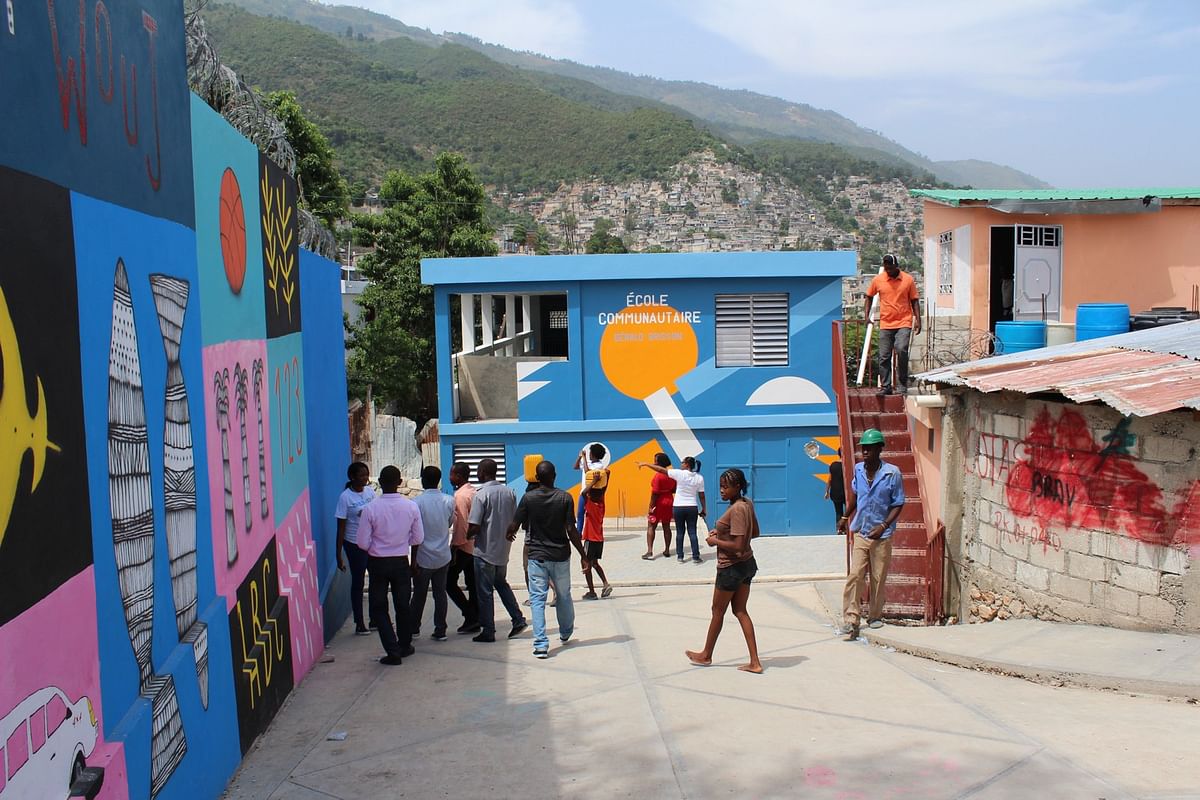
Related
April is already here, and the Curry Stone Design Prize just announced seven new members for the Social Design Circle. Instead of announcing only one winner for the 2017 Curry Stone Design Prize, the Social Design Circle was created to honor a total of 100 individual designers and practices across the globe whose work is dedicated to addressing an array of social issues in their local communities and cities.
For April, the Social Design Circle addressed the question “Can Design Prevent Disaster?”
Check out April's Social Design Circle members below. In case you missed it, you can find last month's Social Design Circle honorees here.
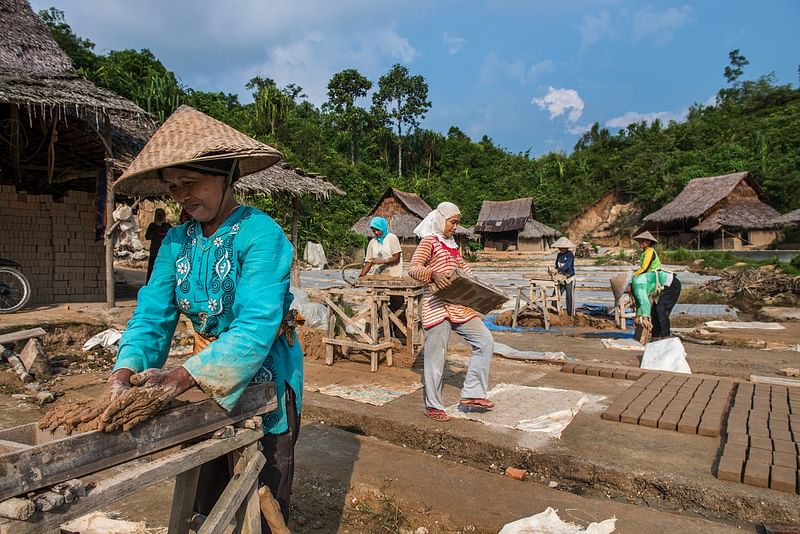
Build Change (Denver, CO, USA): “Build Change is a Denver-based non-profit that promotes disaster-resilient construction methods in earthquake and typhoon-prone areas of the developing world. Using simple, culturally appropriate, and cost-effective retrofitting techniques, Build Change has overseen the reconstruction of thousands of homes, often revitalizing entire neighborhoods in Haiti, China, Nepal, and around the world. The organization provides technical training to municipal engineers and local builders, identifies and coordinates funding sources, and provides skills training to homeowners so that they may make responsible decisions and supervise their own rebuilding process.”
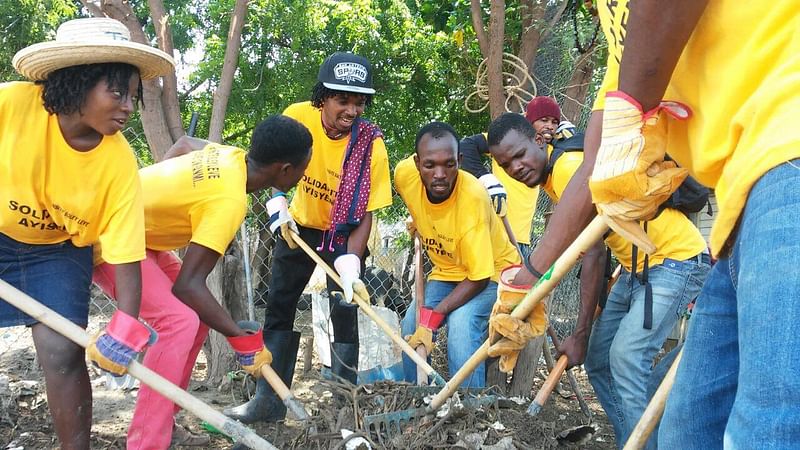
Communitere: “Communitere — which stands for “Communities United in Response, Relief & Renewal” — is a grass-roots disaster nonprofit operating in Haiti, the Philippines, Nepal and elsewhere. The Communitere model is straightforward: figure out what resources survivors need to empower their own recovery and bring the resources together in a community hub. Communitere was founded by Sam Bloch in 2010, in response to what he saw as dysfunctions in international disaster response.”
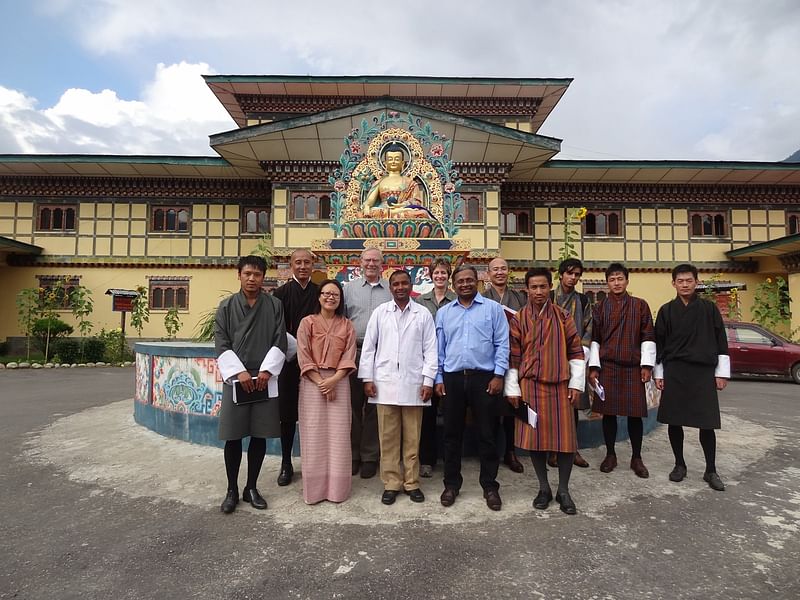
Geohazards International (Menlo Park, CA, USA): “GeoHazards International (GHI) is a California based non-profit which works to bring the best practices in seismic safety from the developed world to the developing world. GHI was founded in 1991 by geologist Brian Tucker. Tucker had been raised in California, and as the state geologist there, he was acutely aware of both the earthquake hazards as well as all that California had done – legally, socially & culturally – to mitigate such hazards.”
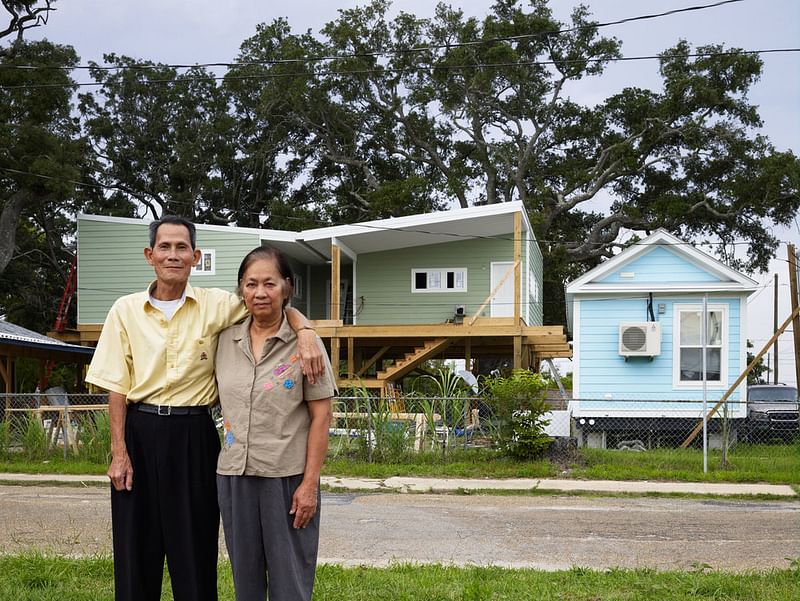
Gulf Coast Community Design Studio (Biloxi, MA USA): “The Gulf Coast Community Design Studio (GCCDS) is a professional service and outreach program of Mississippi State University’s College of Architecture, Art + Design. The GCCDS was established in Biloxi, Mississippi in the aftermath of Hurricane Katrina to provide design services to devastated communities throughout the Mississippi Gulf Coast.”
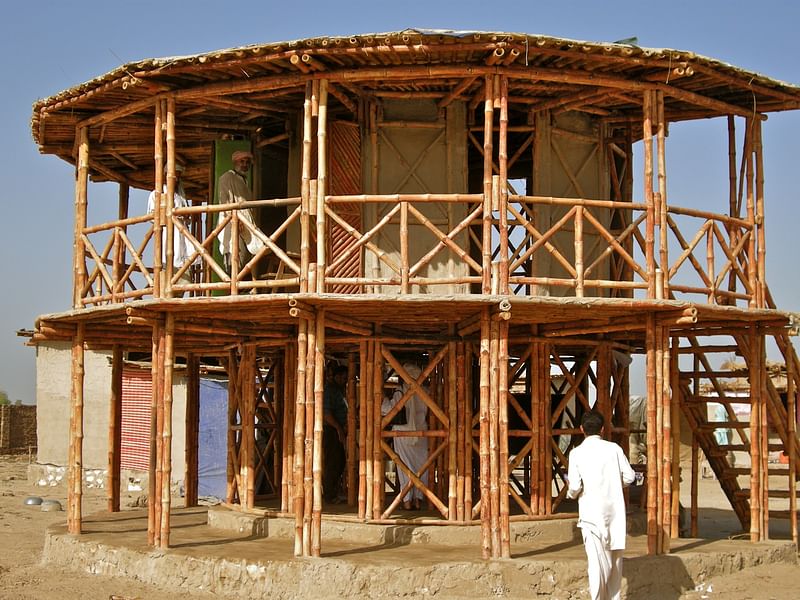
Heritage Foundation of Pakistan (Karachi, Pakistan): “The Heritage Foundation of Pakistan is a Pakistani non-profit with a wide array of social programming, and is here celebrated for their work on disaster recovery and prevention. The Foundation was established in 1980 by Yasmeen Lari and her husband Suhail Zaheer Lari. Her firm [Lari Associates, Architects, Urban Designers] was founded on a mission to further traditional architecture — from mud buildings, to low income housing and informal settlements, to state of the art buildings — through the use of sustainable, local materials. Her Foundation would be established later, with a similar purpose.”
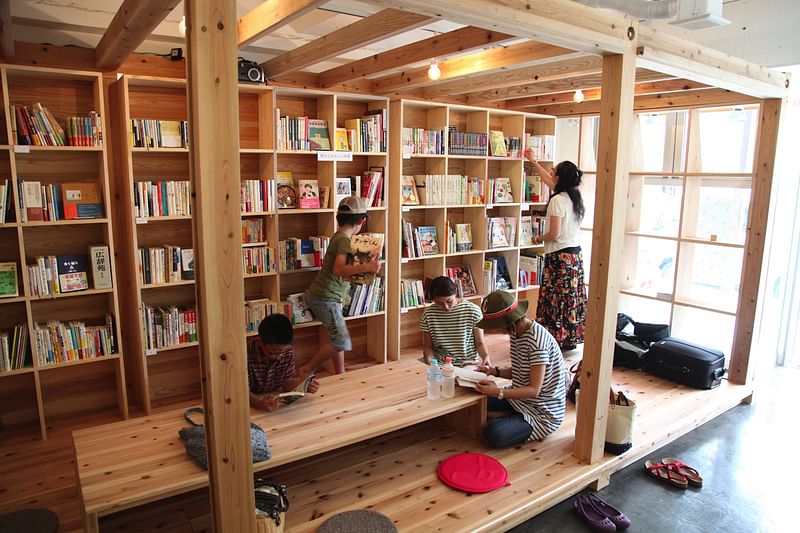
Ishinomaki 2.0 (Ishinomki, Miyagi, Japan): “Ishinomaki 2.0 is a community-based redevelopment program started in Ishinomaki, Miyagi Prefecture, Japan after the 2011 Great East Japan Earthquake and Tsunami. Ishinomaki and the surrounding region were devastated by the tsunami, with nearly 46% of the city inundated and destroyed. The founders of Ishinomaki 2.0 came together with a profound yet simple goal: rather than rebuilding Ishinomaki, they were going to rebuild Ishinomaki into the ‘most interesting city in the world’ by bringing together a collective of local shop owners, NPO workers, architects, city planning researchers, creative producers, web directors and university students’.”
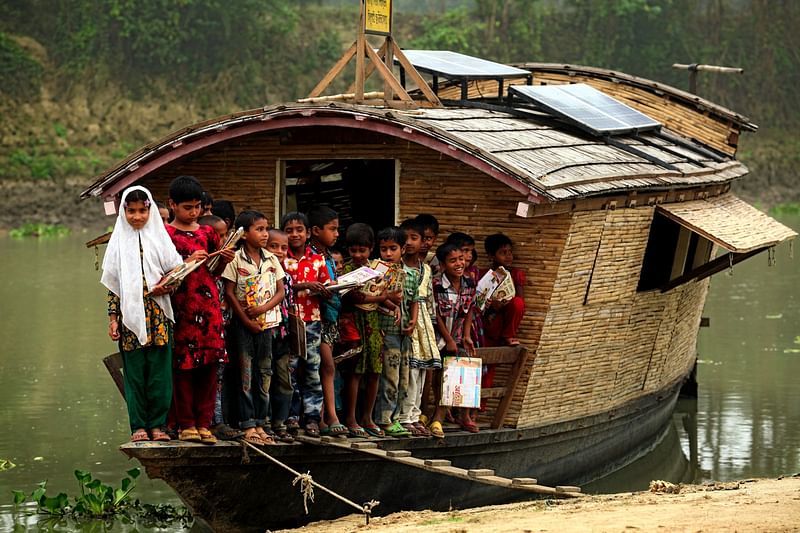
Mohammed Rezwan (Dhaka, Bangladesh): “Shidhulai Swanirvar Sangstha is a Bangladeshi NGO founded by Mohammed Rezwan in 1998, with the mission to bring education and improved livelihoods to rural communities in northwestern Bangladesh. Most of northwestern Bangladesh is a delta, and as climate change advances, rural communities are increasingly threatened by rising waters. During monsoon season, whole communities are cut off. Critically, this also means that children can’t go to school, thus stunting their opportunities for a lifetime. To address this problem [...] Rezwan was inspired to create a floating school, designed with sustainable alternative technologies, but grounded in a Bangladeshi vernacular tradition that would make the floating schools seem part of the community.”

RELATED NEWS Eight designers join 2017 Curry Stone Social Design Circle for March

RELATED NEWS The latest Social Design Circle honorees of the 2017 Curry Stone Design Prize


Share
0 Comments
Comment as :